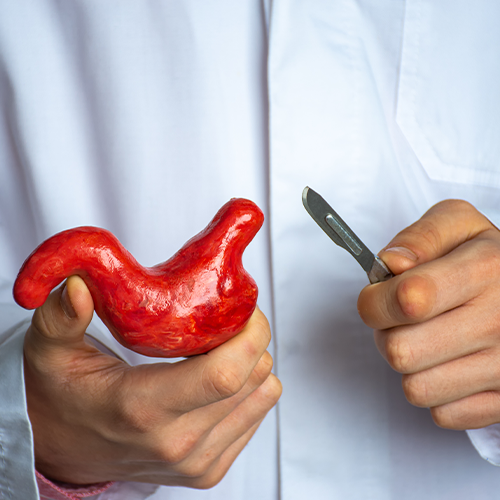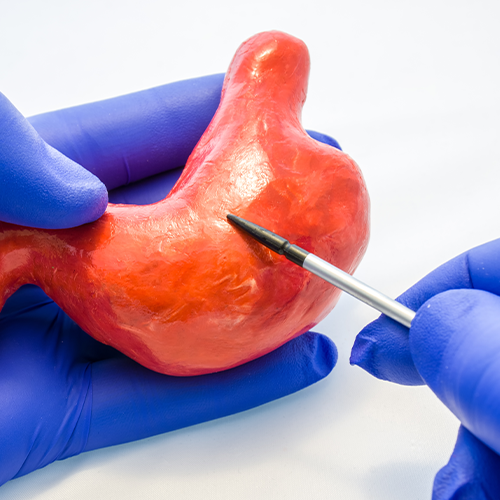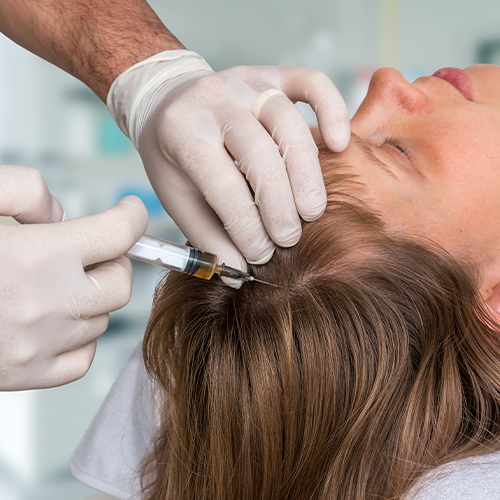
Gastric bypass is an operation that helps you lose weight by changing how your stomach extends and the small intestine handles the food you eat. It provides that your stomach will be smaller. You will feel full with less food. Gastric bypass is the most effective treatment for obesity as the resulting weight loss is typically dramatic. For these individuals, weight loss operation, also referred to as bariatric surgery, may help them lose the weight and keep it off.
One of the advantages of gastric bypass for weight loss is treating obesity-linked diseases such as type-2 diabetes, high blood pressure, high cholesterol and sleep apnea. Diabetes is one of the leading causes of death. Luckily, type-2 diabetes can be treated with gastric bypass surgery. Research studies suggest that patients with diabetes who underwent gastric bypass surgery experience a remission of their diabetes
Gastric bypass Operation and Procedure
Weight loss operation is the most effective method to treat obesity.All weight loss procedures are not suitable for every patient. However, this procedure has its benefits and limitations. It is recommended to decide which kind of operation is suitable for you with your physician in Orenda Health with provided high quality techniques.
 The best way to know if you qualify for gastric bypass is to meet with our weight loss surgeon for a consultation to discuss your operation.
The best way to know if you qualify for gastric bypass is to meet with our weight loss surgeon for a consultation to discuss your operation.
Patients for gastric bypass operation are good individuals who suffer from morbid obesity (BMI of 40 or higher),obesity (BMI of 35 or higher), type-2 diabetes, high blood pressure.
Gastric bypass operation practices on a combination of restriction and malabsorption. During the gastric bypass operation, your assigned weight loss operation will create a little stomach pouch. Creating a smaller stomach pouch sets patients to feel full and satiated so they will eat less food then before. The surgeon then links a Y-shaped section of the small intestine directly to the pouch, allowing food to bypass a large part of the small intestine. This part absorbs calories and main nutrients.
Patients who have previously undergone a gastric bypass surgery may experience pouch enlargement. In order to achieve this, the surgeon inserts stitches into the gastric outlet via an endoscope. It is a non-invasive procedure performed on an outpatient basis without any incisions.
After the operation the patient have you follow a diet. The diet varies depend on each patient's own condition. A gastric bypass diet typically require to be a staged approach to help you adjust back to eating solid foods. How quickly you make progress from one step to the next depends on your body's ability to heal and how easily you can transition to the new eating patterns. Patients are advised to start eating regular foods about three months following the gastric bypass operation.
Your gastric bypass diet, you must:
Drink 64 ounces of fluid a day, to prevent dehydration, Eat and drink slowly, eat foods rich in protein Daily,avoid alcohol, Limit your caffeine, Take vitamin and mineral supplements, eat low-sugar and also low-fat food, spend much time for chewing food you consume.
Gastric Bypass Operation Recovery
Recovery time of operation will depend on the size of the incision,ability of your healing, your own special condition,. If you had laparoscopic gastric bypass operation , you will stay in the hospital for 2 to 3 days. If you had an open procedure, recovery and your hospitalisation may be longer. The area of the incisions will be wound in the days after operation. This can easily be healed with medication at the hospital.
Your doctor may recommend you walk around the hospital on the same day after the operation. The day after your gastric bypass operation, you will start a liquid diet for at least two weeks. It’s fundamental that you drink at least 64 ounces of fluid every day. You should avoid dehydratation.
Before you leave from the hospital, weight loss operation team will inform you about how to care for yourself when you go home. You also need to get sufficient amount of vitamin B12, iron and calcium. Patients can return to work after 10 to 12 days.
You may have gained weight after gastric bypass operation because of changes in your stomach and intestine that allow you to eat more and get more calories.
Bariatric Gastric Sleeve vs Gastric Bypass
There are kinds of weight-loss surgeries that are very effective at yielding significant and sustained long-term weight loss.
There are a few differences between gastric sleeve and gastric bypass, with regards to how the procedure is performed. With gastric sleeve surgery, a portion of the stomach is removed during the surgery; whereas, during gastric bypass, the surgeon bypasses the stomach by stapling part of it closed, and then attach it to the intestines.

 Average length of stay
Average length of stay Length of stay in hospital
Length of stay in hospital Operation duration
Operation duration Anesthesia
Anesthesia Recovery Duration
Recovery Duration




